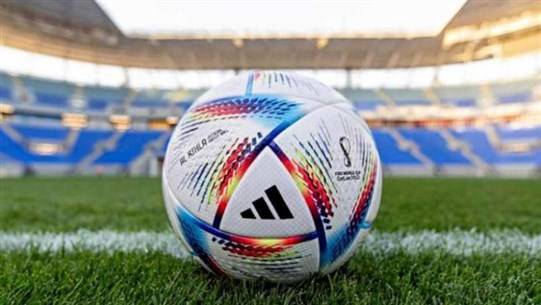There is no doubt that the disappointment of the Lebanese people, who cannot watch the matches of the "Qatar 2022 World Cup" for free as was customary on the official "Lebanon TV" screen, is not the greatest disappointment they have lived through since the onset of the financial and economic crisis in the country in 2019. However, the recent failure of Lebanese officials to reach a legal formula that would allow them to allocate $5 million to the company responsible for granting local broadcasting rights has exposed the fragility of the current situation and the major challenges awaiting the country, which faces numerous obligations amidst a presidential vacancy and an inability to convene the cabinet, which, according to the Constitution, cannot meet while in a caretaker capacity except in cases of extreme necessity.
Despite the mobilization of relevant parties, led by caretaker Prime Minister Najib Mikati and Minister of Information Ziad Makari in recent days to find a suitable way to pay this amount, they have not yet been able to devise a mechanism that would allow them to bypass the cabinet, nor through telecommunications companies as Mikati had previously announced.
Constitutional expert Dr. Saeed Malek noted, "We are currently facing two problems, the first being the presidential vacancy and the second being that we are under a caretaker government, which is an outgoing government." He pointed out that "if we were facing just one problem, such as having a caretaker government while there was a president in office, we could resort to exceptional approval issued by a decree from the President and the outgoing Prime Minister, provided that the matter would later be presented to the cabinet. But today we are facing two fundamental obstacles."
Malek indicated in a statement to "Asharq Al-Awsat" that "Article 62 of the Constitution states that the cabinet acts on behalf of the President in case of absence, but today there is no possibility for the government to convene since this requires strict regulations and an emergency situation, and securing funds for the World Cup certainly does not fall under this category." He added, "There is undoubtedly difficulty, if not impossibility, at the constitutional level in resolving this issue, so any action taken by the cabinet will be subject to criticism and will oppose constitutional viewpoints." Malek emphasized that this problem should serve as "a wake-up call as we may be facing bigger problems in the future, so if we are unable to resolve an issue of this magnitude, how do we expect to solve larger problems. This underscores the necessity of electing a president, forming a government, and ensuring the regular functioning of institutions."
In the absence of a President, other institutions are hindered, especially since political parties failed to form a government before the end of the term of former President Michel Aoun due to disputes over ministerial shares, which could have resolved many issues. Additionally, a significant number of deputies today refuse to participate in any legislative session, as the Parliament has transformed into an electoral body following the end of Aoun's term, emphasizing that their duties should now be limited to electing a president.
Director of the Middle East Institute for Strategic Affairs Dr. Sami Nader believes that "the state in Lebanon is grappling with unprecedented crises. If it is unable to secure papers for essential civil service transactions due to a lack of electricity and thus no basic services, it certainly will not be able to provide what's considered a luxury, like securing funds to allow Lebanese citizens to watch World Cup matches for free." Nader warned in a statement to "Asharq Al-Awsat" about "the rapid decline in the central bank's reserves, where they went from $34 billion on the eve of the crisis to less than $9 billion today," describing this as "massive hemorrhage, with $24 billion spent since 2019, meaning we will soon reach a stage where we can't secure funding for our basic needs for food and medicine." He added, "It is true that the balance of payments gap has shrunk from $21 billion to $3 billion, but there is still a gap, and the situation is not promising."




